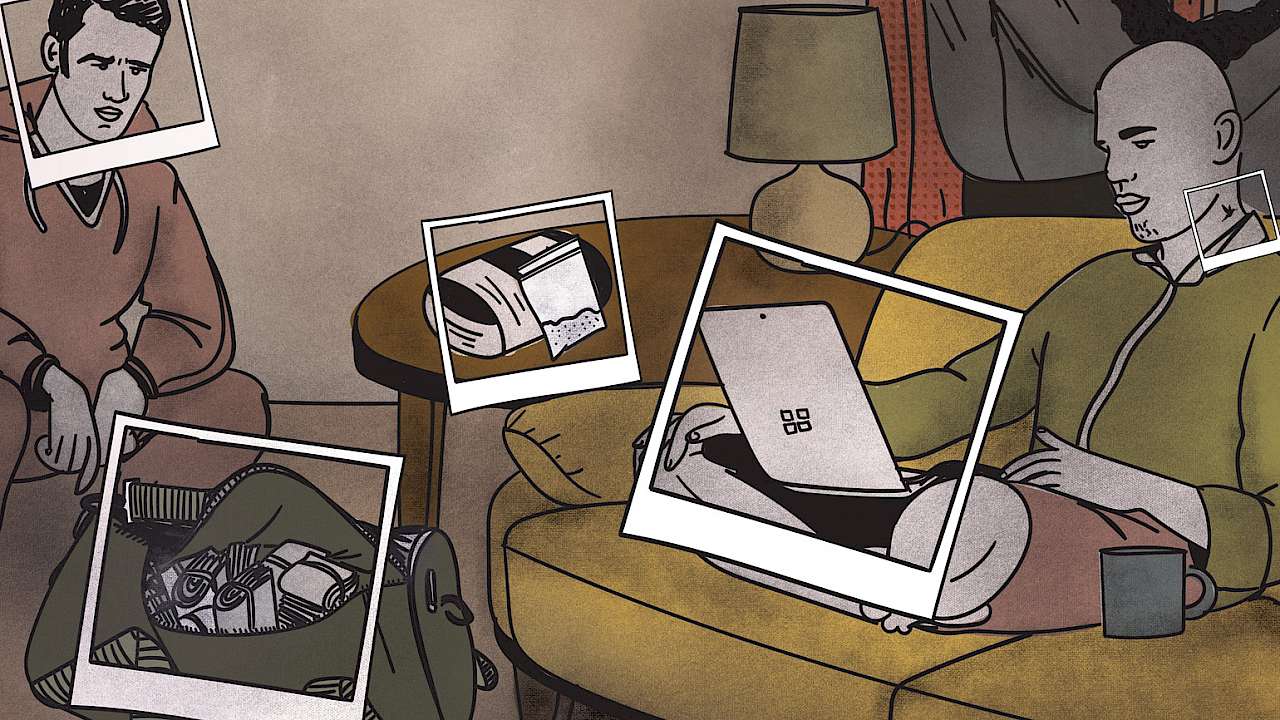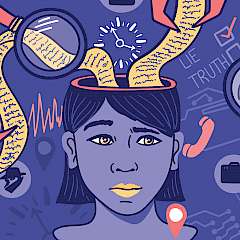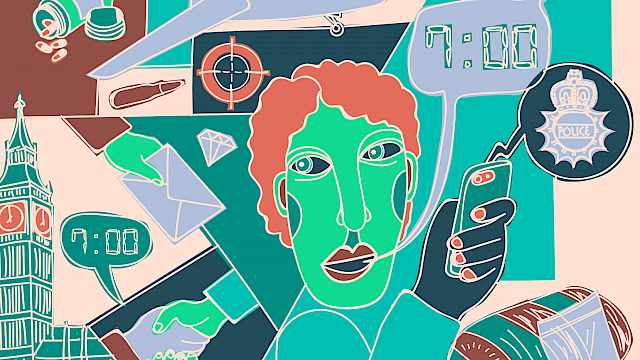The time that human sources spend gathering vital intelligence on behalf of law enforcement, security, and intelligence services is precious. Every deployment carries inherent risk. Human sources need to be given the best chance possible to remember as much as they can, and to report those memories in full to ensure that the risks are addressed, and opportunities exploited.
The collection, analysis, and assessment of intelligence is a vital element of law enforcement and national security investigations. Intelligence is relied upon to generate investigative leads and to formulate accurate assessments. It forms the basis of investigative decisions, assessments of threat, and decisions on intervention and resourcing. It is therefore essential that intelligence is as accurate, detailed, and timely as possible.
One way of collecting intelligence is through the use of Covert Human Intelligence Sources (CHIS), better known as ‘agents’ or ‘informants’.
Informants are one of the most significant information gathering assets there are and their intelligence is crucial to keeping the UK safe. Informants are recruited by law enforcement and intelligence agencies because they either already know information that can assist investigations or assessments, or because they are able to gain access to such information, usually through their existing network of contacts.
In cases where informants are able to gain access to information on behalf of a government organisation (such as the Police or MI5), they must be authorised under RIPA (Regulation of Investigatory Powers Act 2000). This Act enables informants to be tasked to discover the required information or to attend specific events for the purpose of reporting. The process by which informants are tasked to do this is usually via a meeting with their handler – the person who is responsible for the intelligence operation.
I wondered whether this meeting could also be used by the handler to provide their informant with specialised techniques designed to help them remember the information as accurately as possible.
In order for an agent to accurately tell their handler something, they have to correctly remember it. However, in order to accurately remember it, they have to accurately encode it in the first place. So, to enhance an agent’s recall ability, I sought to increase their encoding ability by designing a technique that leverages the evidence-base on human memory.
Memory is context-dependent. We know that the best way to try to remember something is to remember what you were doing at the time the event occurred and the memory was encoded; this is why ‘retracing your steps’ often helps when you lose your keys. The goal of my research has been to help my laboratory participants to focus on the context (surroundings, objects, people, actions, and conversations) while their memory encoding was occurring. Then, by matching this process at retrieval through the use of prompts, I hypothesised that more accurate memories could be recalled.
To test this, my participants were randomly allocated to three groups:
- Group 1 was given no memory prompts at all
- Group 2 was told to remember as much as they could
- Group 3 was given contextual prompts (i.e. pay attention to the surroundings, objects, people, actions, and conversations).
All of this was delivered before the to-be-remembered event had happened. The participants then completed their task and returned to the lab to be interviewed by their ‘handler’.
More correct information was reported by participants who were given the contextual prompts
My results showed that significantly more correct information was reported by participants who were given the contextual prompts at tasking and again at interview compared to those that received no prompts at interview.
Interestingly, the most beneficial way to remind participants of the context at interview was by the delivery of a free recall instruction (i.e. “please tell me everything you remember”). Additionally, I found that once the free recall phase was completed, the participants’ accuracy decreased during the prompts phase (i.e. “think about the surroundings, objects, people, actions, and conversations”).
I suspect this was due to co-operative participants wanting to provide more information, although this was not tested during the research. However, this has interesting ramifications for interview strategies with co-operative sources, as these results imply that once a memory has been recalled and verbalised, accuracy may reduce if further prompts are given.
Care should be taken when using this research in practice as this is only one study, and it has only been tested in the laboratory on a university population. However, my research demonstrates the value of understanding the problem from the perspective of the end-user and designing practical solutions based on the established evidence base.
So, if you wanted to increase the chances of accurate recall, prompting context at tasking, and using a free recall at interview, would seem like a sensible thing to do.
Copyright Information
As part of CREST’s commitment to open access research, this text is available under a Creative Commons BY-NC-SA 4.0 licence. Please refer to our Copyright page for full details.
IMAGE CREDITS: Copyright ©2024 R. Stevens / CREST (CC BY-SA 4.0)








